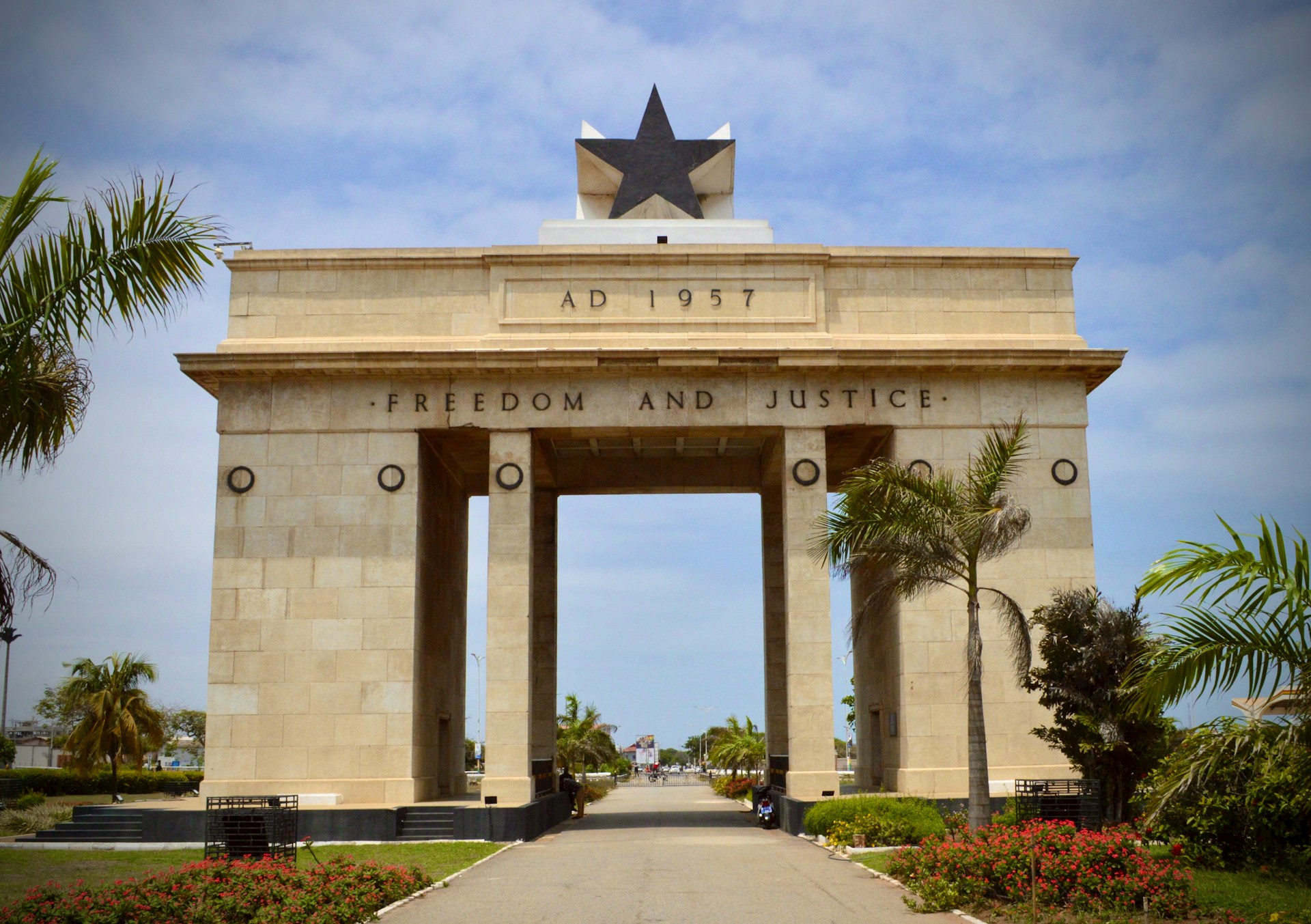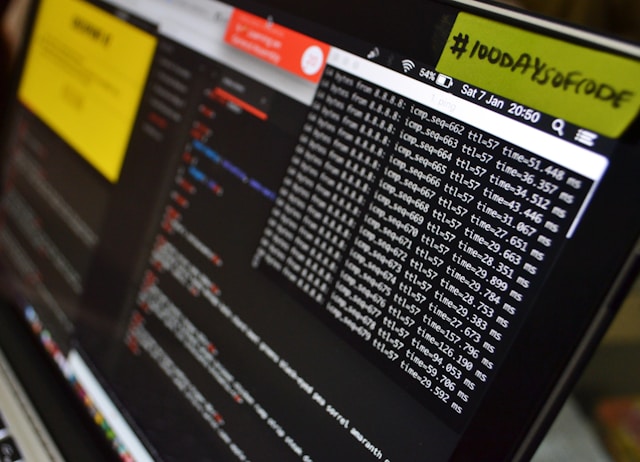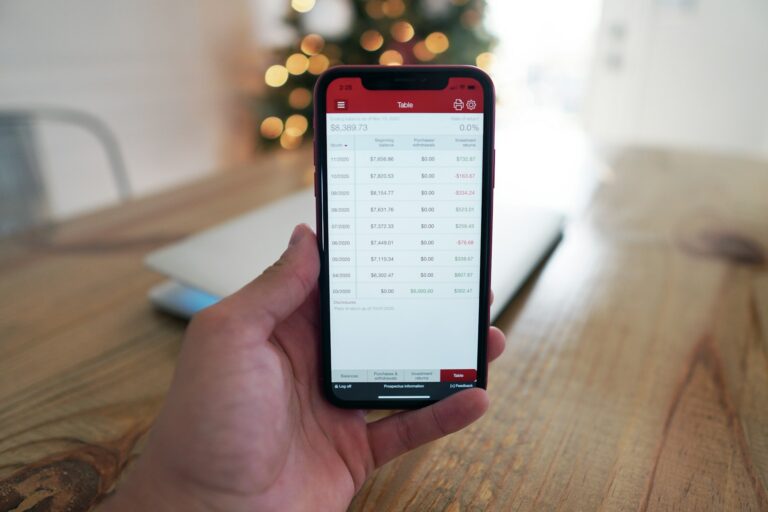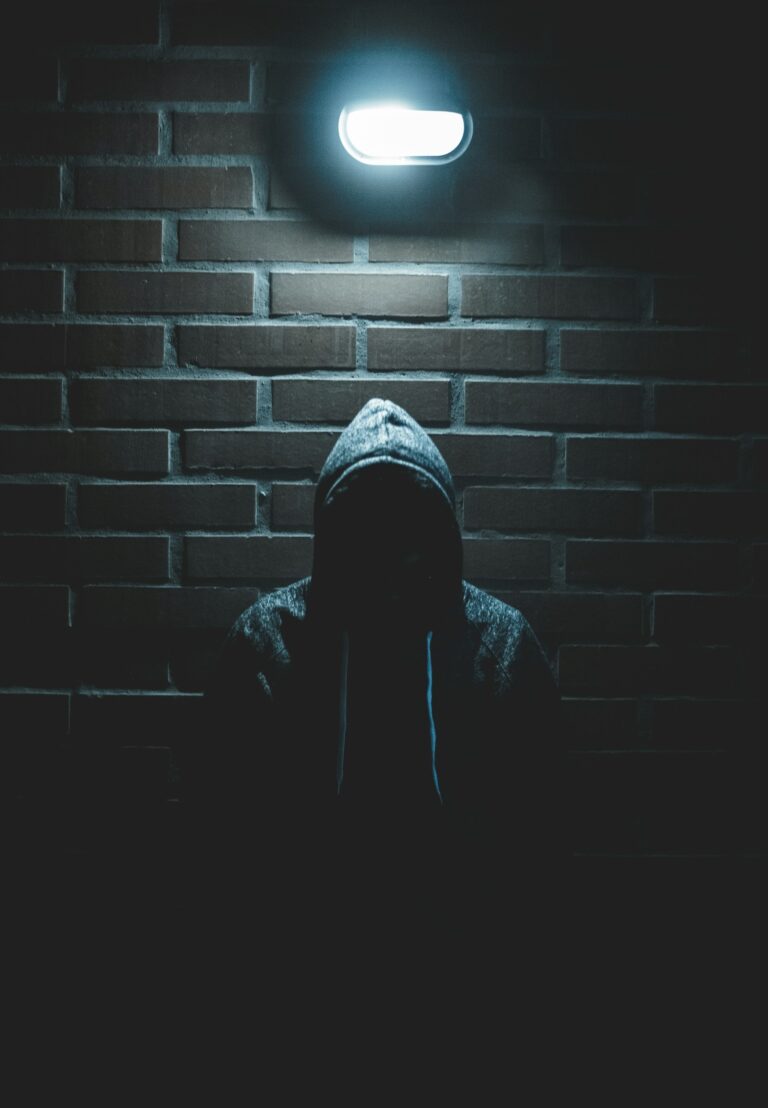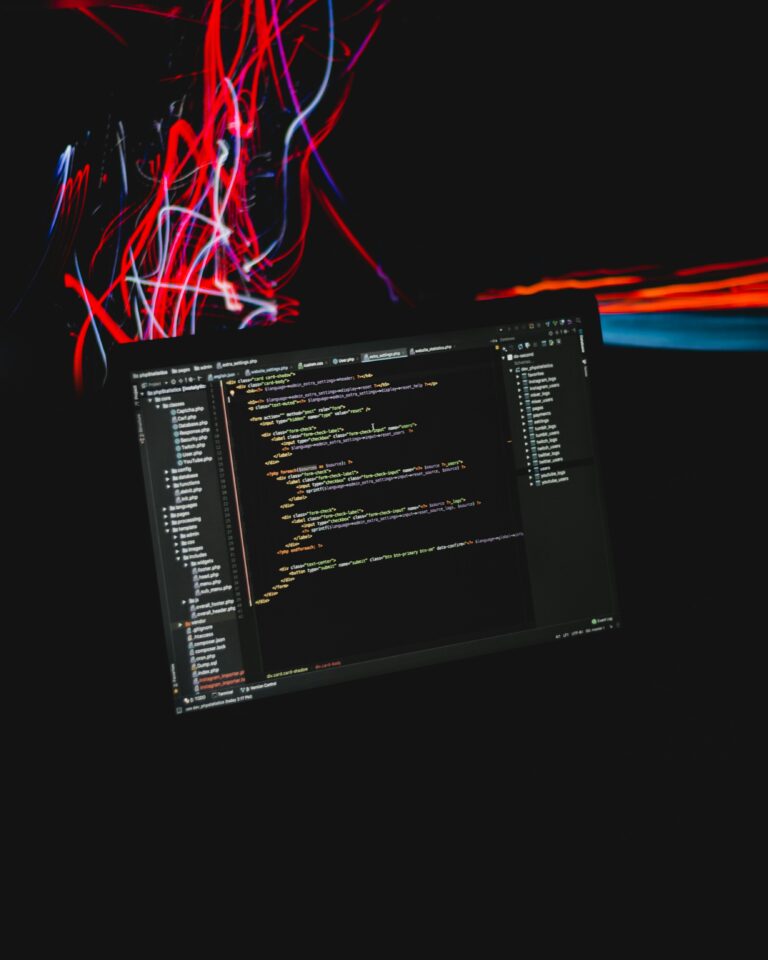Passage of Ghana’s Anti- Gay Bill, how safe is it for Ghanaians?
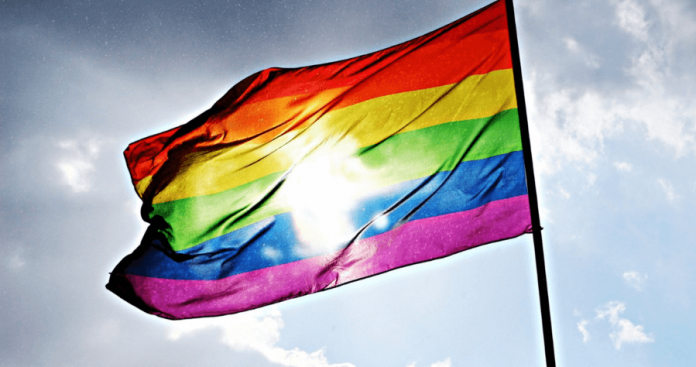
In recent years, Ghana has been at the center of debates surrounding LGBTQ+ rights, culminating in the passage of the country’s Anti-Gay Bill. This legislation has sparked intense discussions both domestically and internationally, raising questions about the safety and well-being of LGBTQ+ individuals in Ghana. The young, old and everybody is talking about the bill, asking questions and giving recommendations.
Argument
The argument on the LGBTQI rights has witnessed two opposing sides: those in favour and those against its endorsement. What informs each argument? Unlike the Western world, whose stand on gay rights is informed directly by their values – a mostly atheistic society that believes there is no God, and therefore humans, being masters of themselves, must be allowed to live, act and do things as they feel – the Ghanaian community, on the other hand, is mostly a theistic society.
Our society has a culture that’s largely informed by the belief in the existence of God. However, there are some people in the Ghanaian society who have registered its support for gay rights. What informs their support for gay rights? With the exception of those who argue from a legal perspective, it has been a matter of logic and empathy.
I have followed the arguments closely, and one line of argument is common with supporters of gay rights: the idea that gay people are human beings and must be allowed to exercise their sexual preference. There are those who also do not see the differences in what gay people are seeking to do and what their critics are already doing.
For example, how is it that people who are living in sexual sin – fornication and adultery – have openly castigated homosexuals for their sexual preferences? It may interest you to know that supporters of gay rights have interpreted this as hypocritical.
But the truth is that what they are seeking to pursue is not only sinful but defies our very identity as image-bearers of God. A person who did not create himself cannot claim he has the right to assume an identity that he desires against that of the Creator. Having said that, homosexuals lament the fact that they were created with such feelings and since they did not decide to feel the way they do, why then can they not be allowed to indulge their feelings.
This is perhaps the part that gets many to empathise with them. This brings me to a more crucial concern: If we have at all taken time to listen to homosexuals, how have we responded? For a person who believes he was created in a certain way and with certain feelings he did not particularly choose, is it enough to tell him it is not right to express his feelings?
As the nation grapples with the implications of this law, it is crucial to examine its potential impact on the safety and human rights of all Ghanaians. To know how safe the Bill is for Ghanaians;
- You must understand the Anti-Gay Bill
The Anti-Gay Bill seeks to criminalize LGBTQ+ activities in Ghana. It prohibits same-sex marriage, public displays of affection between individuals of the same sex, and the promotion of LGBTQ+ rights. Violators face severe penalties, including imprisonment and fines, reflecting the government’s staunch opposition to homosexuality.
- You must know implications for LGBTQ+ Individuals
For LGBTQ+ individuals in Ghana, the passage of the Anti-Gay Bill poses significant challenges and threats to their safety and well-being. It exacerbates existing stigma, discrimination, and violence against the LGBTQ+ community, driving them further into the shadows and endangering their lives. LGBTQ+ individuals risk harassment, persecution, and even physical harm due to societal attitudes fueled by the criminalization of their identities and relationships.
- You must know its impact on Human Rights
The Anti-Gay Bill has sparked condemnation from human rights organizations, both within Ghana and internationally. Amnesty International is talking about it. The Christian Council Ghana wants President to quickly assent the bill. Critics argue that it violates fundamental human rights, including the rights to freedom of expression, association, and non-discrimination. By criminalizing LGBTQ+ identities and activities, the legislation undermines the principles of equality and dignity enshrined in Ghana’s constitution and international human rights standards.
- You must know the challenges to implementation
While the Anti-Gay Bill reflects the government’s stance on LGBTQ+ issues, its implementation poses significant challenges. Enforcement may encounter resistance from civil society, human rights advocates, and international partners who oppose the criminalization of homosexuality. Moreover, the law’s vague language and broad scope raise concerns about arbitrary arrests, selective prosecution, and violations of due process rights.
- There should be promotion of dialogue and understanding
Amidst the controversy surrounding the Anti-Gay Bill, there is an urgent need for constructive dialogue and understanding. It is essential to create safe spaces for open and respectful discussions about LGBTQ+ rights, sexuality, and diversity within Ghanaian society. By fostering empathy, tolerance, and acceptance, Ghanaians can move towards a more inclusive and equitable future for all its citizens.
- It must also protect vulnerable communities
As Ghana navigates the implementation of the Anti-Gay Bill, it must prioritize the protection of vulnerable communities, including LGBTQ+ individuals. This entails ensuring access to legal representation, healthcare services, and support networks for those affected by the legislation. Civil society organizations play a crucial role in advocating for the rights and well-being of LGBTQ+ communities and holding the government accountable for upholding human rights standards.
- International response and solidarity
The passage of the Anti-Gay Bill has elicited strong reactions from the international community, with many expressing concern about its implications for human rights and democracy in Ghana. Diplomatic pressure, advocacy campaigns, and international solidarity efforts can amplify the voices of LGBTQ+ activists and allies within Ghana, urging the government to reconsider its approach to LGBTQ+ rights.
In a nutshell, I believe that Ghana’s Anti-Gay Bill represents a critical juncture in the nation’s journey towards equality, dignity, and human rights for all.
While it reflects deeply entrenched societal attitudes towards LGBTQ+ individuals, it also highlights the need for dialogue, empathy, and solidarity. As Ghana confronts the challenges posed by this legislation, it must uphold its constitutional obligations to protect the rights and safety of all its citizens, regardless of sexual orientation or gender identity.
It’s only through inclusive policies, dialogue, and respect for human rights that can Ghana truly embody its commitment to equality and justice for all.


